“Early literacy success is critical to children’s wellbeing from many perspectives,” says Professor Gail Gillon, University of Canterbury Child Well-Being Research Institute Director and Deputy Director for A Better Start Challenge.
A Better Start National Science Challenge team have been researching effective ways to accelerate early reading and writing success for children who enter school with lower levels of oral language.
“Early literacy success is critical to children’s wellbeing from many perspectives,” says Professor Gail Gillon, University of Canterbury Child Well-Being Research Institute Director and Deputy Director for A Better Start Challenge. “It helps children see themselves as successful learners early in their schooling”, she says.
Early reading ability is a strong predictor of later reading and education success which is also linked to children’s overall healthy wellbeing.
“We don’t want to wait for children to fall behind their peers in reading before we provide targeted support. We need a systems change to ensure all children experience success in their early literacy attempts,” says Professor Gillon.
A Better Start National Science Challenge recognises the importance of explicit teaching in phonolog-ical strategies for reading alongside teaching comprehension. It is also important to continue to im-prove on existing learning and literacy resources that support such teaching strategies.
The Successful Learning theme within the Challenge, led by Associate Professor Brigid McNeill, University of Canterbury School of Teacher Education, has brought together top researchers across disciplines to focus on improved learning outcomes for our tamariki.
“Early literacy success requires a multifaceted approach,” says Professor McNeill. It needs rich language experiences combined with explicit phonological awareness teaching that is connected and relevant to children’s cultural background. Classroom teaching supported by whānau and community is critical,” she says.
A Better Start Literacy approach integrates this multifaceted approach and has involved teachers, community and whānau as well education and health professionals. A Better Start National Science Challenge is funded by the Ministry of Business, Innovation and Employment.
The successful pilot of this approach involved over 250 children in their first year at school in the eastern suburbs of Otautahi, Christchurch. The children were born in the year or following year of the Christchurch 2011 earthquakes and a high number showed lower levels of oral language at school entry.
The research study showed A Better Start Literacy Approach leads to accelerated development in reading spelling and oral language compared to current class literacy curriculum. This approach proved equally successful for boys and girls and for Māori and Pasifika students.
Further research is under way to expand and adapt A Better Start Literacy Approach in Auckland and in Christchurch schools.
Professor Gillon on the UC Child Well-being Research Institute:
"The UC Child Well-being Research Institute (CWRI) is an inter-disciplinary centre focused on the well-being of children and young people. Our kaupapa|vision is to advance high quality research that informs practice and policy. We are committed to being a leader in developing a strengths-based discourse around child development, health and well-being that speaks to the context of Aotearoa, New Zealand. The way we achieve this is through our varied and innovative research projects that focus on maternal health, infants, children, and adolescents within the context of their whānau, family and community. Whilst our title says ‘child’, our understanding aligns with the New Zealand Government - that child and youth development spans 0-25 years."


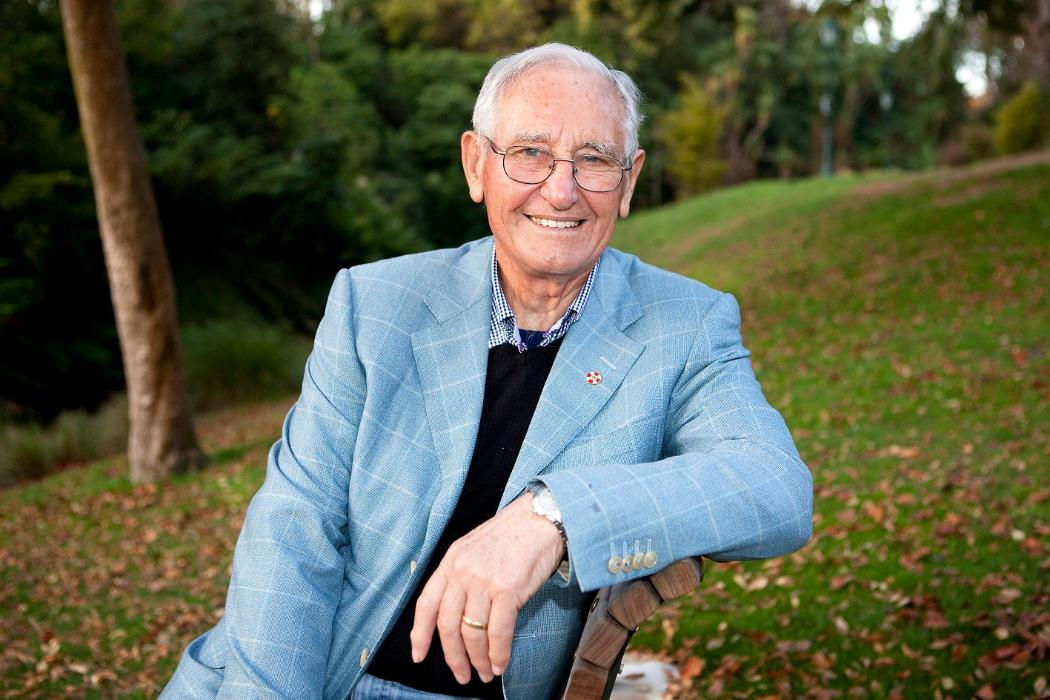
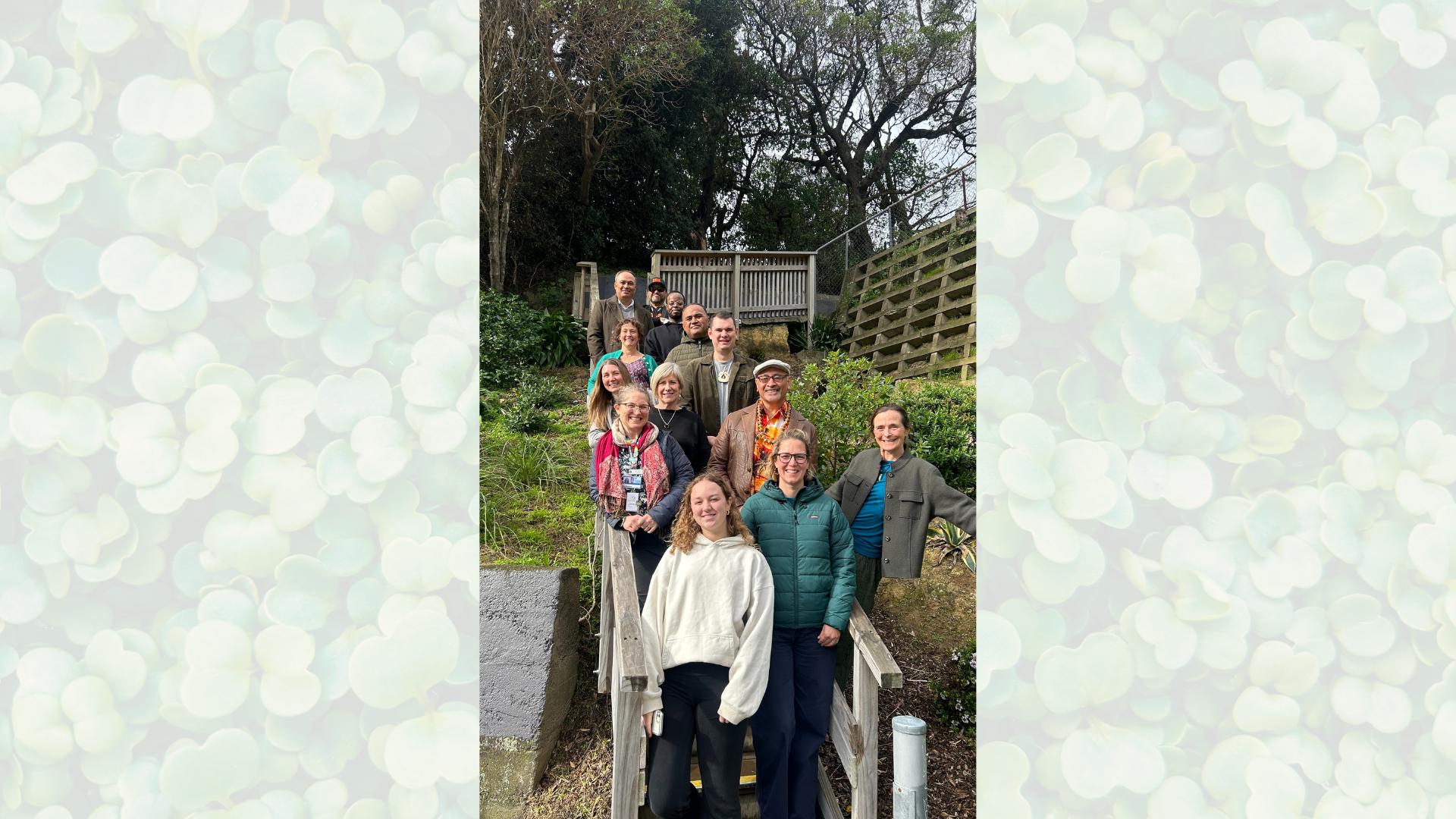
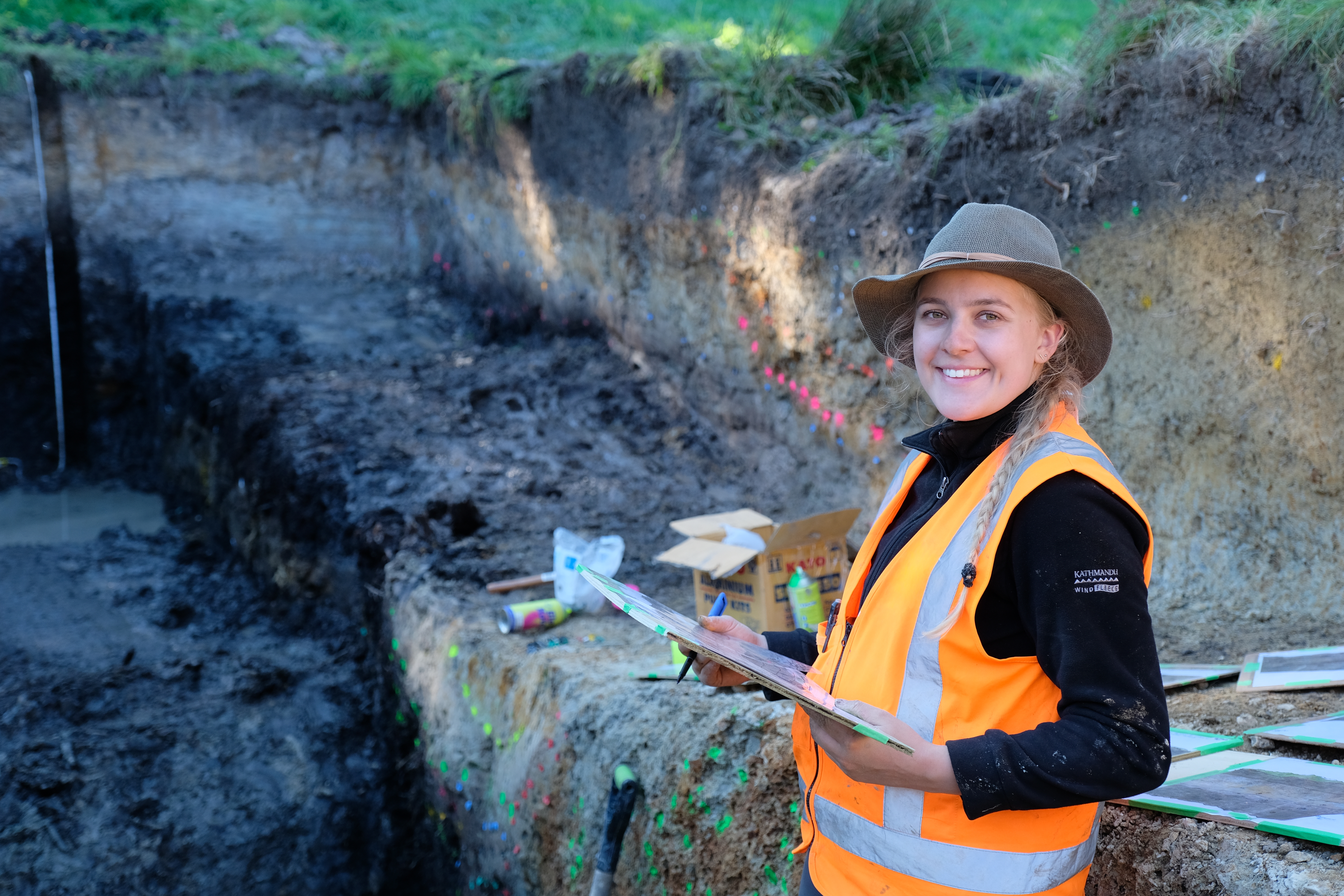
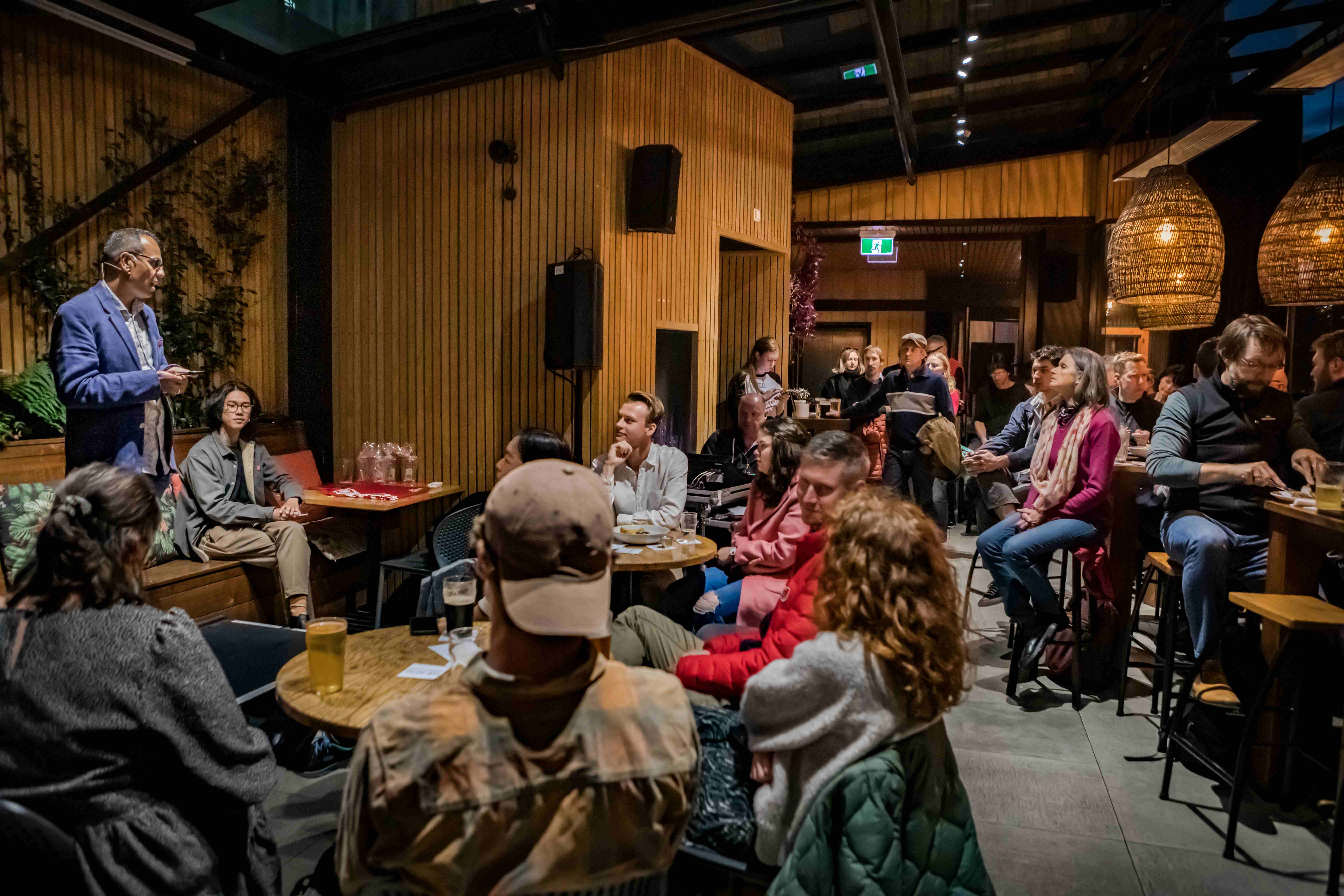
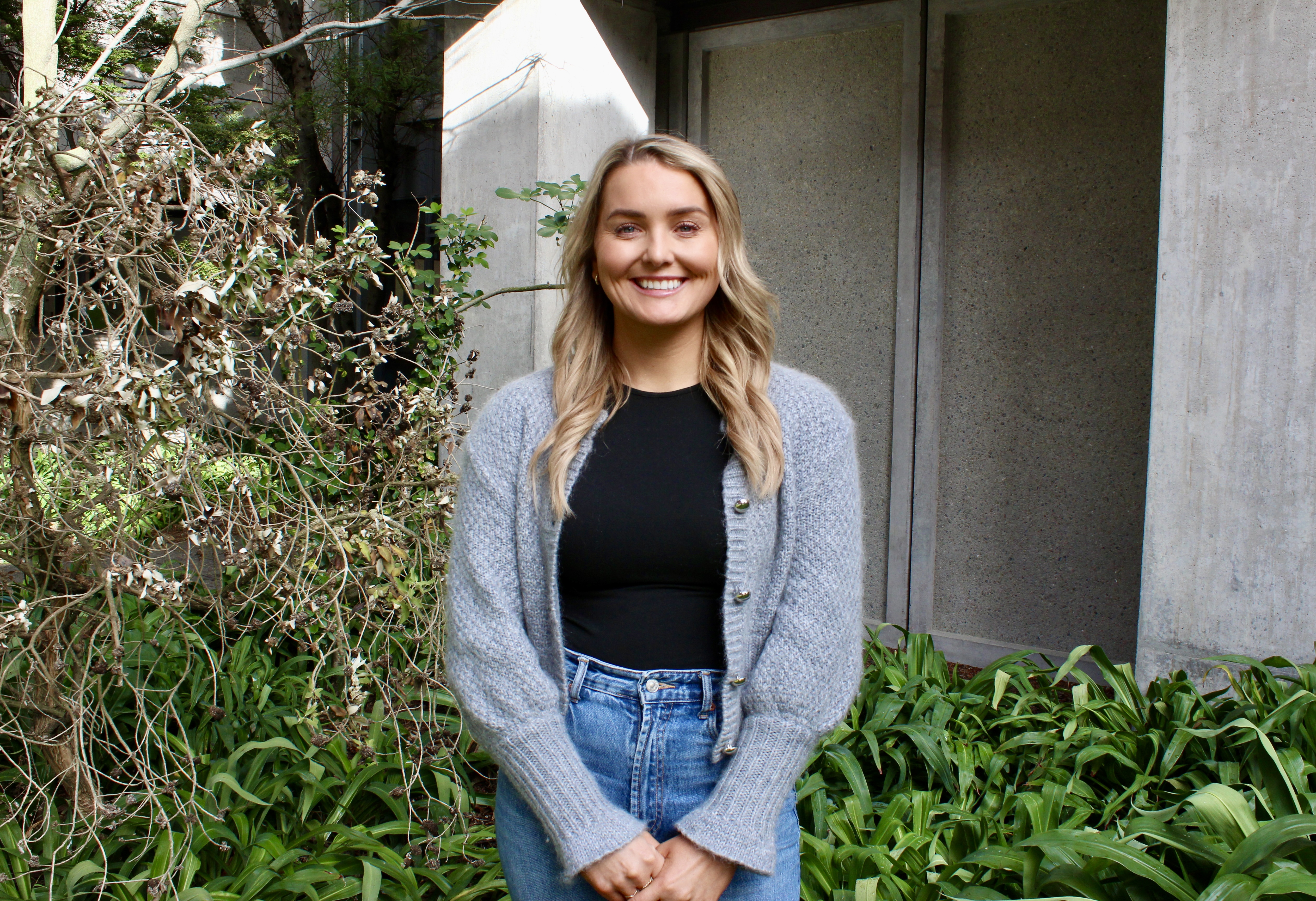

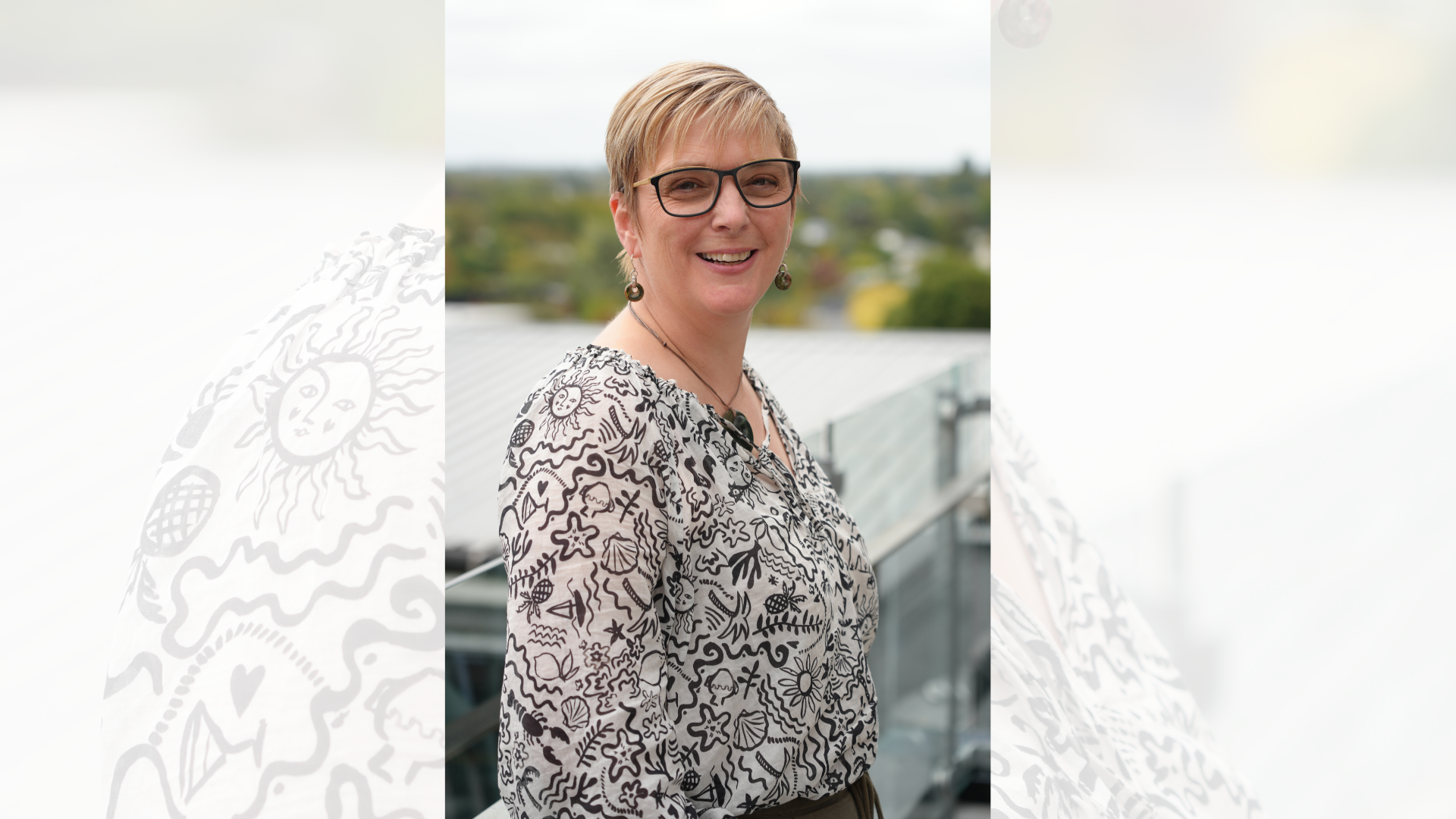
.png)
